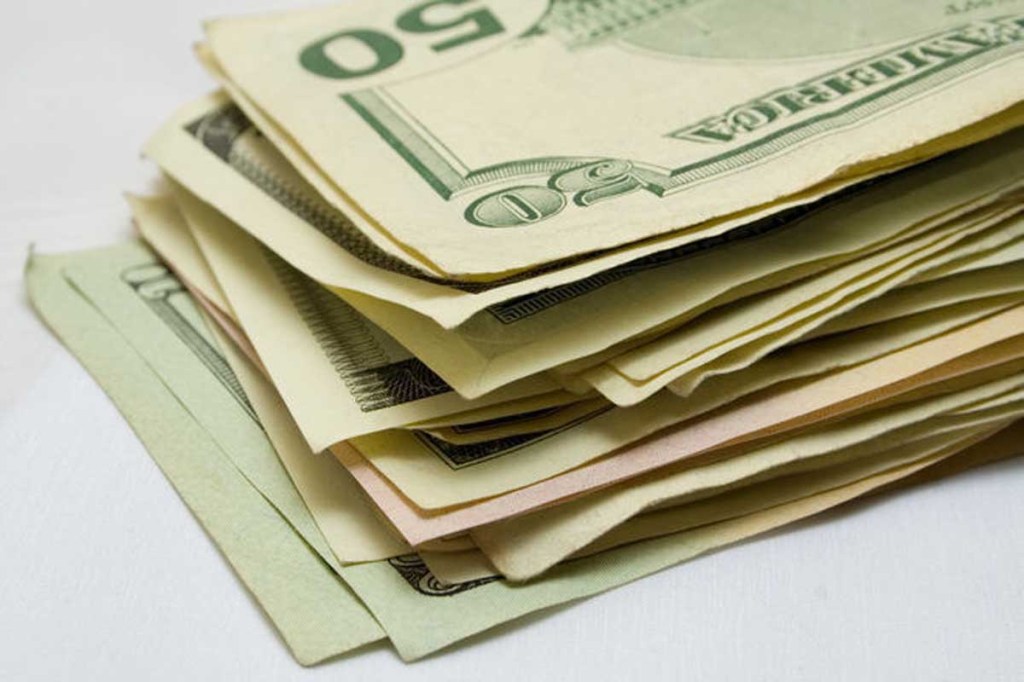Top earners make even more as income gap grows
Published 12:03 pm Wednesday, June 22, 2016

- batch of american dollars
BOSTON – The past few decades have been good for the state’s top earners.
Residents with incomes in the top 1 percent — who make an average of $1.7 million per year — saw earnings rise steadily from 1979 to 2013, according to a new report by the left-leaning Massachusetts Budget and Policy Center.
Trending
Incomes for everyone else remained relatively flat.
The center’s report, which provides ammunition for a proposed tax on the state’s wealthiest citizens, found that “one-percenters” make 30 times more than the rest of the state’s population. That puts Massachusetts sixth in national rankings of income inequality.
Noah Berger, the Budget and Policy Center’s director, said about 82 percent of income growth since the recession has gone to the state’s top-earners, while most everyone else’s incomes have remained flat.
Taxes, he said, tip the scales even more. Top earners pay proportionally less in state and local taxes, the report noted, once sales and property taxes are counted in addition to the state’s flat income tax.
Using data from a study by the Economic Policy Institute in Washington, the report supports arguments of a coalition of unions, religious organizations and advocacy groups that are pushing for a special “millionaires” tax on the state’s top breadwinners.
A proposed amendment to the state Constitution, if it clears legal hurdles and wins voter approval in 2018, would scrap the 5.1 percent flat income tax and create a two-tiered system, with earnings over $1 million taxed at a rate that is 4 percentage points higher.
Trending
Changing the income tax formula, proponents say, would raise more than $2 billion a year in new revenue for education and transportation.
“There’s no question that lower- and middle-income people are earning less and paying more than their fair share of taxes than the state’s wealthiest,” said Steve Crawford, a spokesman for the coalition. “It’s not that they just feel that way, the data shows it.”
But the move to raise taxes on top-earners faces opposition from Republicans and anti-tax groups, who are vowing to fight the ballot initiative.
The fiscal watchdog group Citizens for Limited Taxation, founded by the late anti-tax crusader Barbara Anderson, has criticized the “millionaires tax.”
Raising income taxes on highest earners, it argues, will drive those people out of state, ultimately draining money from government coffers.
“There has always been a disparity in incomes, depending on the ebb and flow of the economy,” said Chip Faulkner, a spokesman for the group. “But this proposed referendum singles out a specific group of people — millionaires — for higher taxes, which isn’t fair.”
Liberals and progressive Democrats, including Senate President Stanley Rosenberg, D-Amherst, have for years pushed a graduated income tax, similar to the federal system, in which lower income citizens pay at lower rates than those with larger incomes.
Voters have rejected efforts to change the tax system five times, most recently in 1994.
Nationally, the top 1 percent of earners take home an average of $1.15 million, while the average income of everyone else is $45,567.
The country’s wealthiest citizens gobbled up 85 percent of income growth between 2009 and 2013, the study found.
Massachusetts follows the trend closely, the report noted, with top-earning families taking home 83 cents of every new dollar.
Christian Wade covers the Massachusetts Statehouse for the North of Boston Media Group’s newspapers and websites. Reach him at cwade@cnhi.com.





